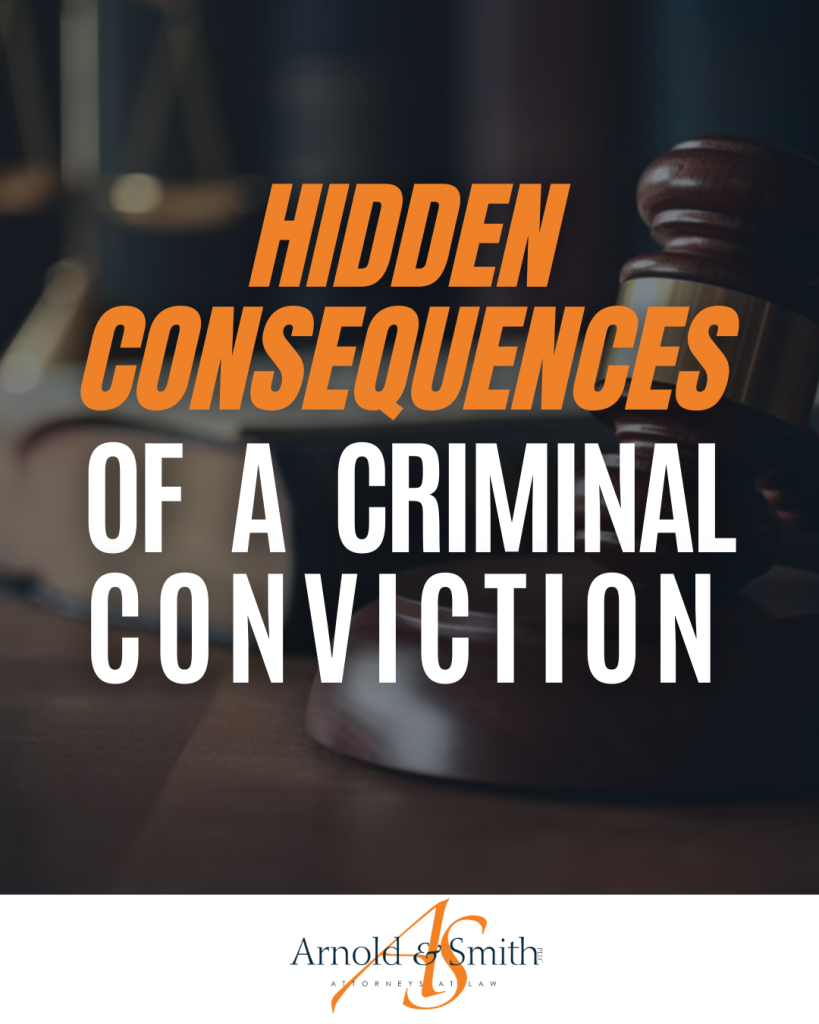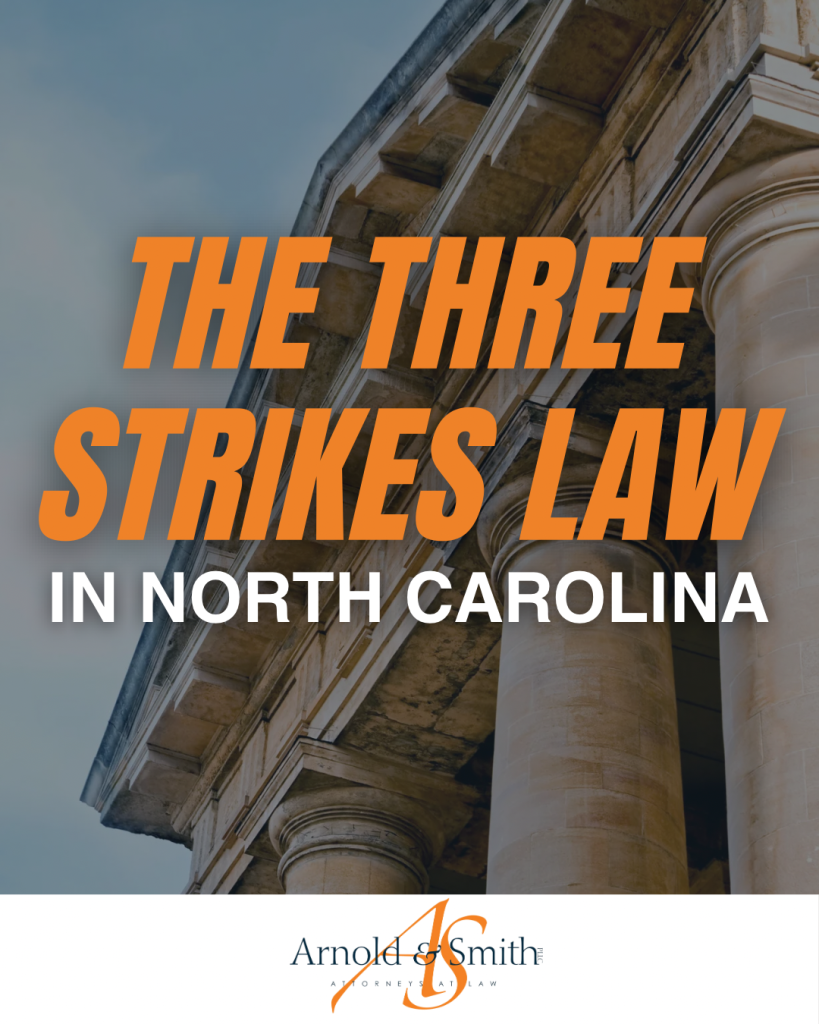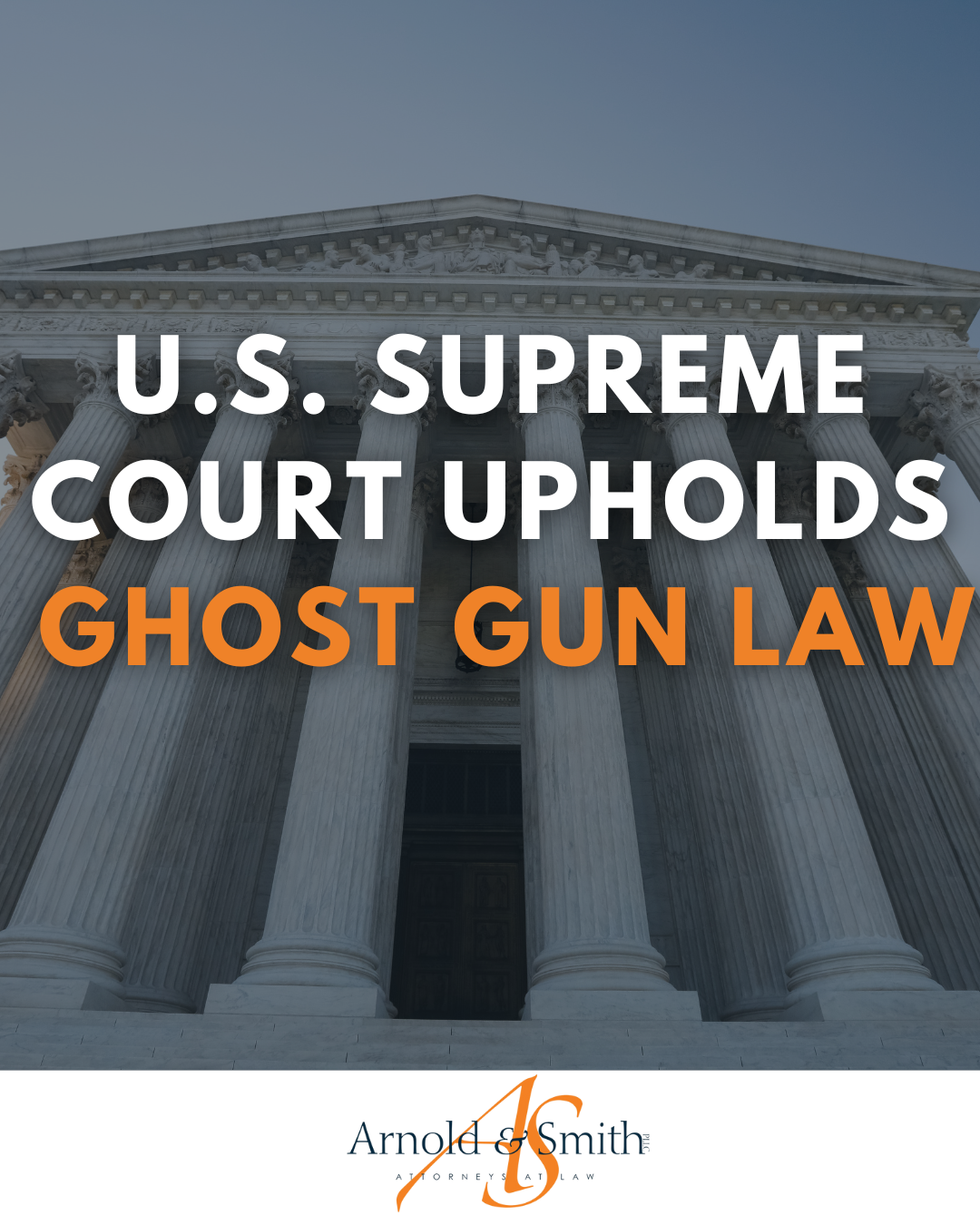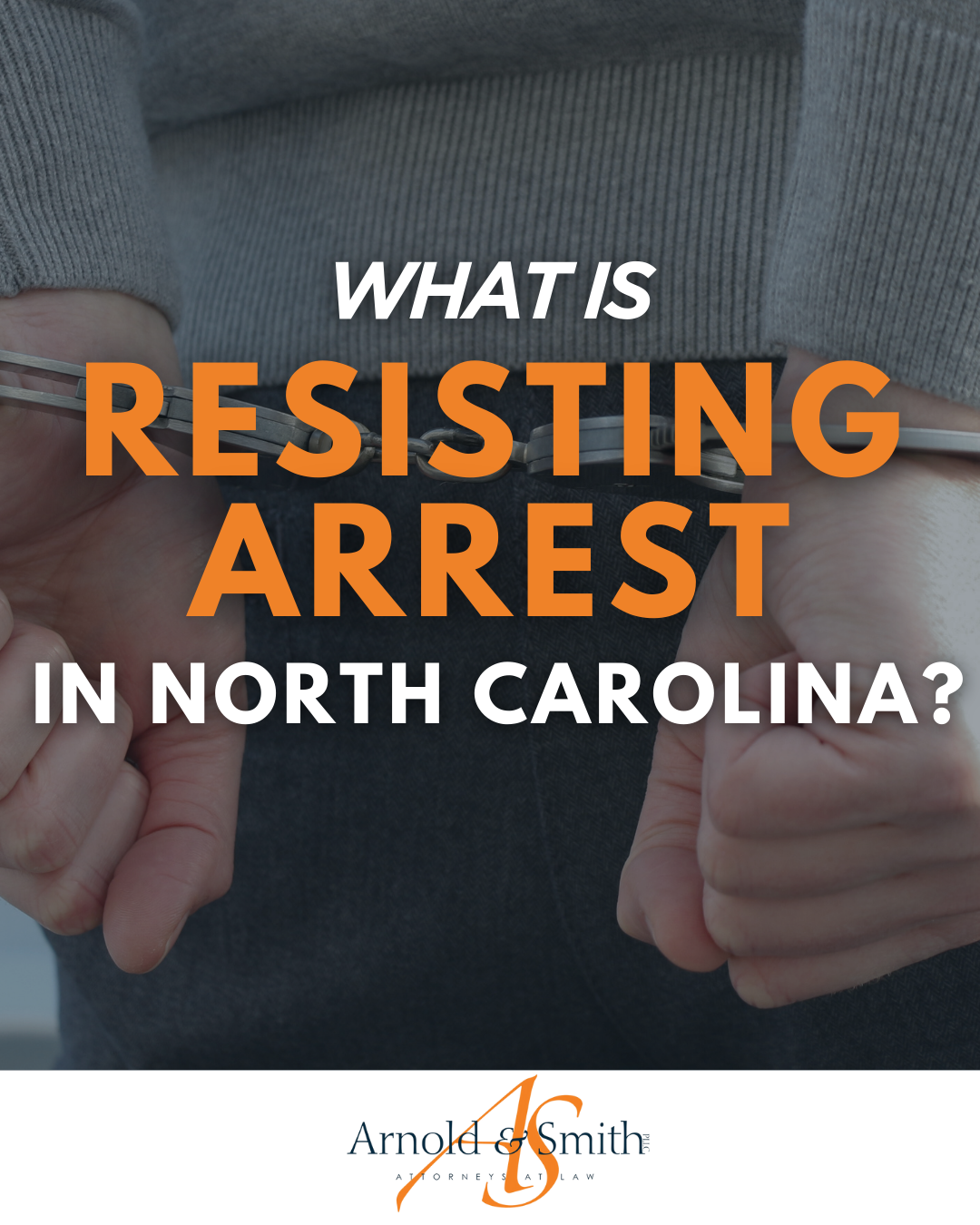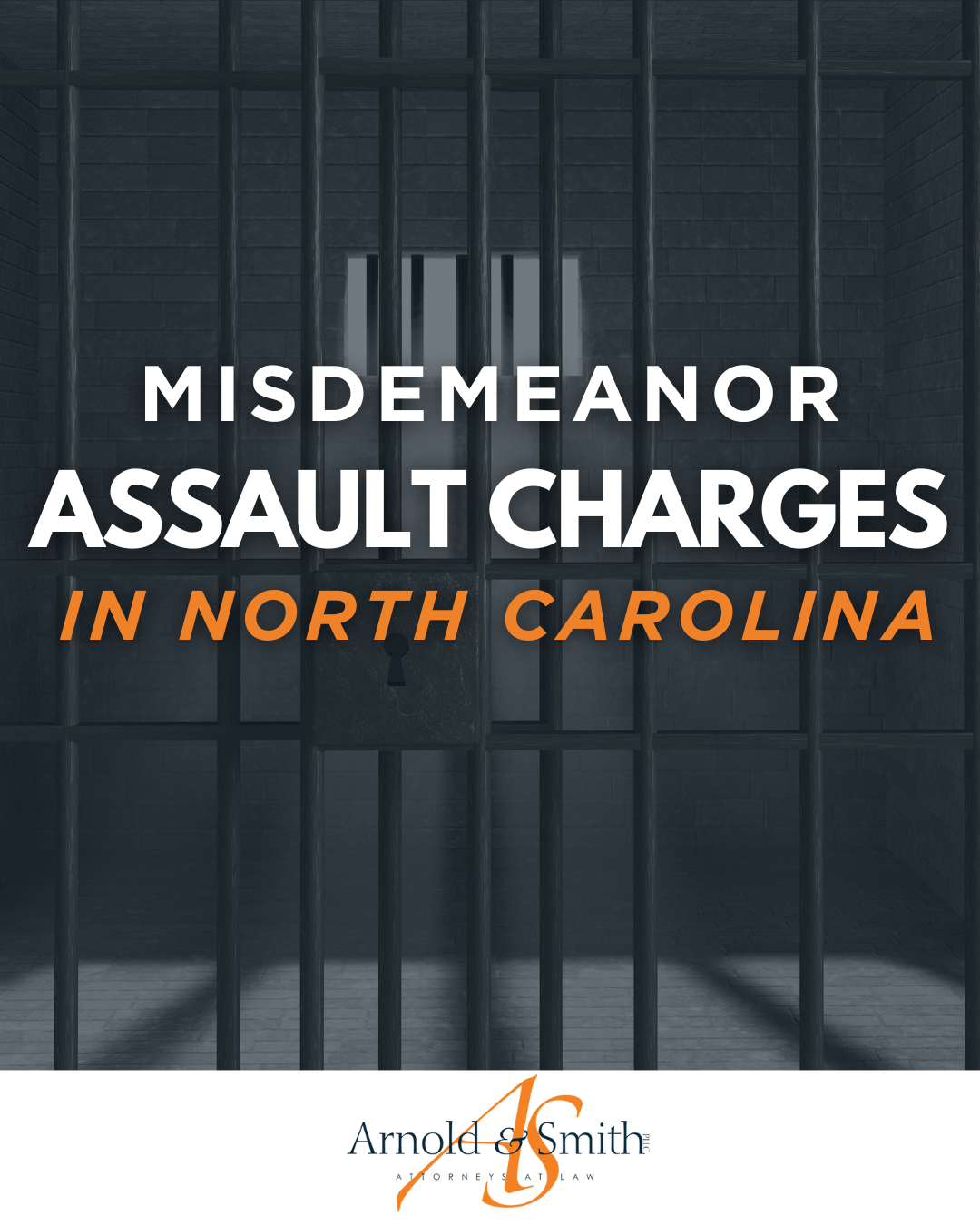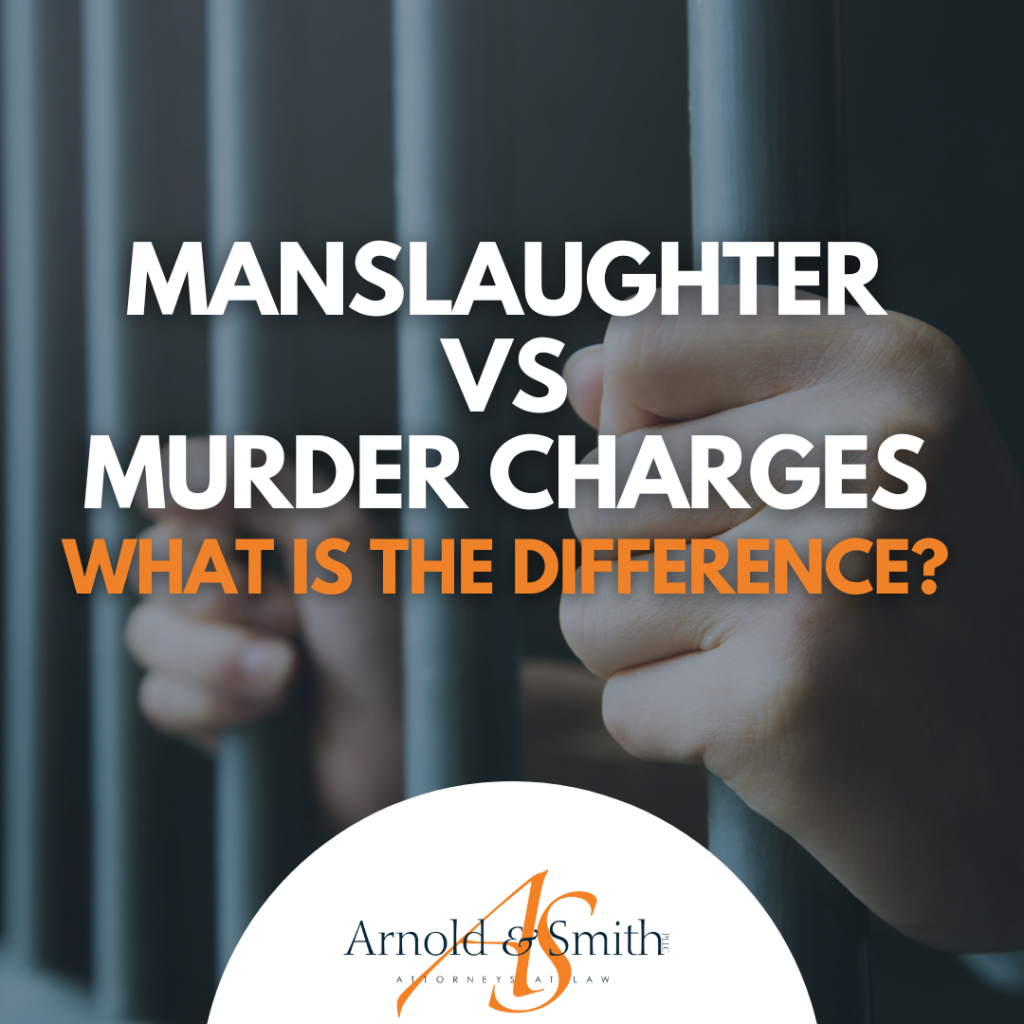 Street Racing Charges in Charlotte
Street Racing Charges in Charlotte
Street racing is becoming a more popular pastime among younger generations. Unfortunately, street racing is extremely dangerous and is illegal in Charlotte and cities across the country. Social media has made it possible for hundreds or more people to gather at certain times and places to participate in and watch street racing and street takeovers. While many think it is fun, it can be treacherous both for drivers and pedestrians. You could face serious charges if you are caught street racing in North Carolina.
https://youtu.be/mcoAB8pDGRY
 Charlotte Criminal Lawyer Blog
Charlotte Criminal Lawyer Blog


